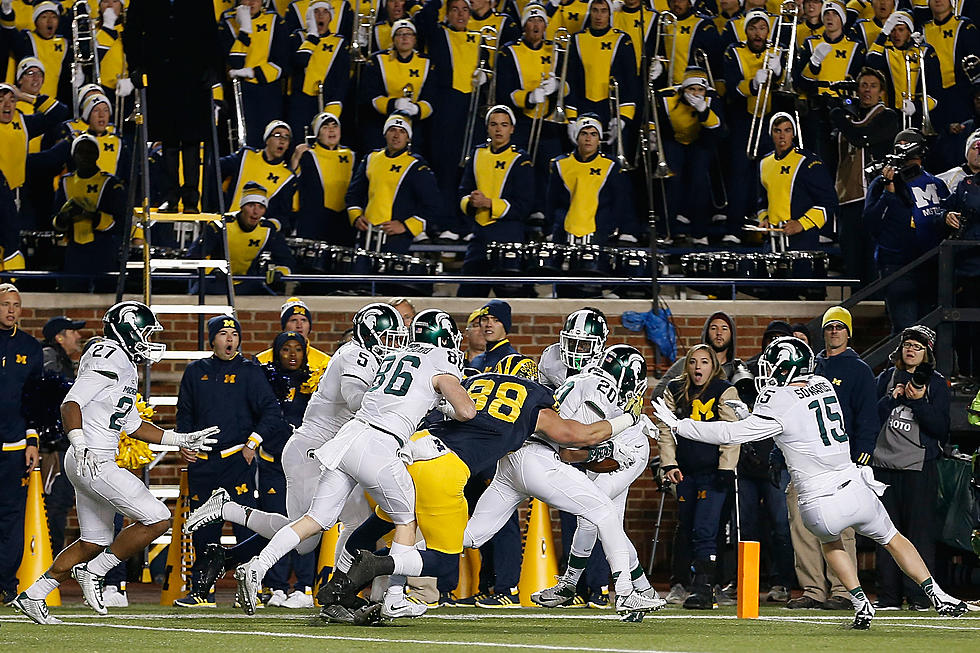
Michigan Gas Tax Increase; Where Does It Go?
I am sure many of you remember the elected politicians in Michigan back in 2015 increased our gas tax and license plate fees.
The main points of those bills passed by the Michigan House and Senate and then signed by Governor Snyder are as follows:
- A 7.3-cent increase in the 19-cents-a-gallon gas tax and an 11.3-cent hike in the 15-cent diesel tax in 2017. They believe this will raise $400 million annually with automatic yearly inflationary increases to both taxes in 2022 and beyond;
- A 20% rise in license plate fees in 2017, which they believe will bring in $200 million annually. This increase in registration taxes will average $20 more per passenger vehicle, along with fee increases of between $30 and $100 for hybrid electric vehicles and between $100 and $200 for non-hybrid electric vehicles.
- A dedicated annual shift to roads from the $9.9 billion general fund beginning with $150 million in the 2018-19 fiscal year, $325 million in 2019-20 and $600 million in 2020-21 and after.
- A yearly reduction in the 4.25% personal income tax, starting in 2023, if general fund revenue growth outpaces the rate of inflation times 1.425%..
- An expanded income tax credit for homeowners and renters, those earning up to $60,000 are eligible this is above the current $50,000 limit. The maximum credit rises from $1,200 to $1,500 and the income multiplier is higher.
Many citizens of Michigan were not happy about the increases because we voted against our gas tax and license fees being increased in an earlier referendum.
The Michigan Capitol Confidential is now reporting that a large part of our gas tax is going towards paying down previous debt incurred by the Engler and Granholm administrations. This debt to improve our roads and bridges started accruing back in 1989. Apparently both Governors John Engler, a Republican and Jennifer Granholm, a Democrat, promoted these major debt initiatives to improve our roads and bridges back then only for others to pay for it later; that later, is today.
Apparently each year taxes collected to improve our roads and bridges are used to pay interest and principal of that previous debt in the amount of approximately $200 million.
To put that number in perspective let us look at the current fiscal year. In this current fiscal year, $206.0 million of the taxes Michigan spends on roads will go to repay principal and interest on this debt, according to a House Fiscal Agency memo. That means that the $206 million in gas tax will not go to improve our roads or bridges. The state tax increase that as I stated above added about seven cents to the price of a gallon of gas, starting last January 1 2017, was projected to generate an additional $313 million for road repairs this year. Which really translates into only an additional $107 million going towards improving our infrastructure, unless they continue to fund the infrastructure improvements at the previous rate plus the additional $313 million.
Where does that debt that us Michiganders owe stand today? According to the Michigan Capitol Confidential article; as of 2015-16 Michigan still owed approximately $1.463 billion on road and bridge repairs completed years ago. At least we can say that is an improvement from the approximately $2.3 billion we Michiganders owed in 2009.
More From 1240 WJIM AM









